Helpful Bedtime Plants – How Do Plants Help With Sleep Issues
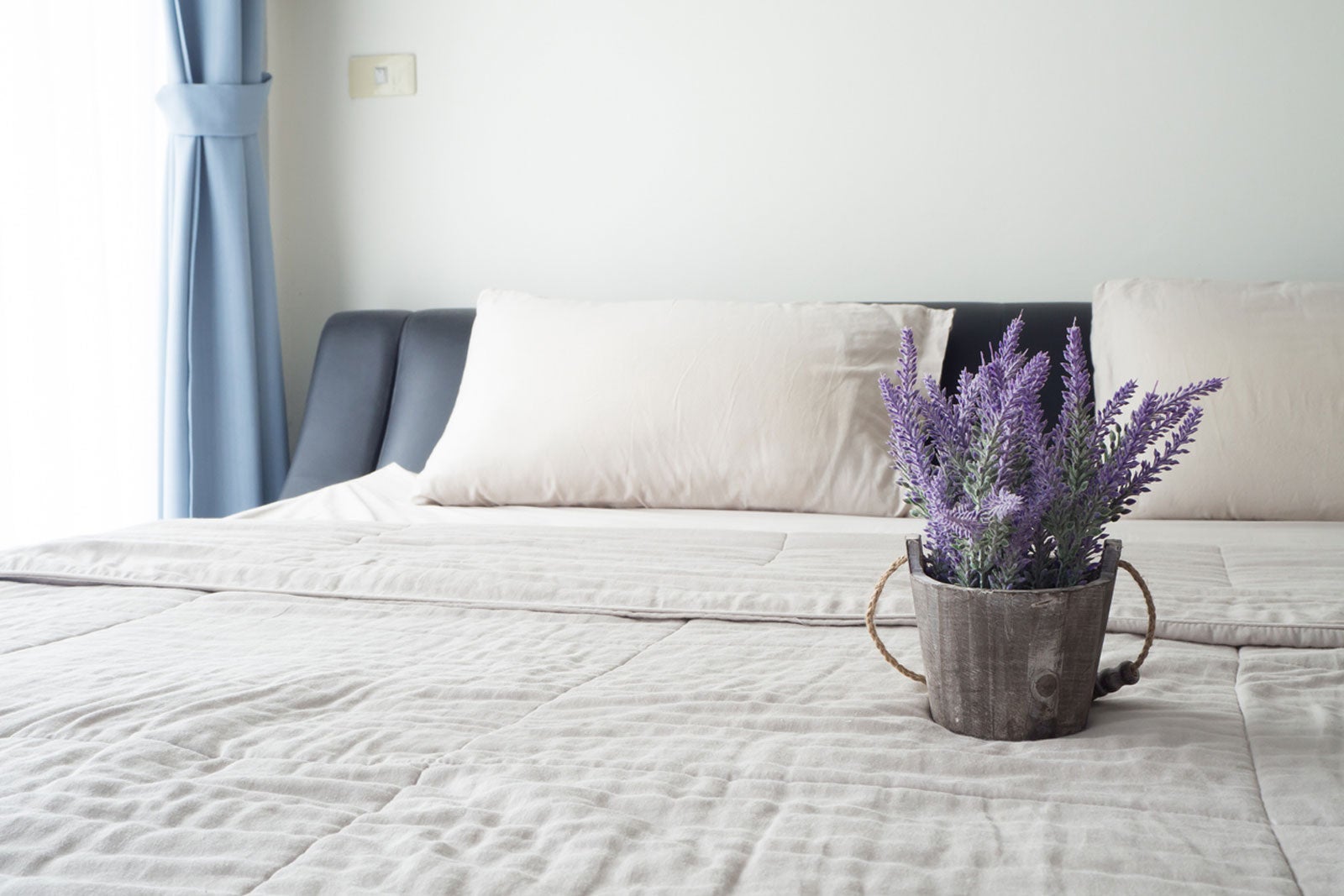
Who doesn’t need a good night’s sleep? Unfortunately, with today’s hectic lifestyles it can be hard to tune out and rest peacefully. There are a number of things you can do (or take) to help you sleep, but the best of these are natural. What could be more natural than plants that help you sleep? Do plants help with sleep issues and, if so, what plants help you sleep better?
Do Plants Help with Sleep Issues?
For centuries, people have been using herbs to help get them to sleep. These herbs might be in the form of teas or aromatherapy, and yes, many of these plants help you sleep.
Chamomile and lemon balm, for instance, are well known for their calming properties and find their way into soothing teas to this day. Lavender has also long been used as a calming herb, but what about other plants that help you sleep?
What Plants Help You Sleep Better?
Besides several herbs, there are other bedtime plants that can help you get some “ZZZs.” Some of the best plants for sleep don’t need to be steeped or ground up. Take jasmine, for instance. Like the pleasant aroma of lavender, jasmine has a soothing effect on mind and body alike. Plus, who doesn’t love the gorgeous pink to ivory blossoms?
Another beautiful bloomer with an ambrosial scent is gardenia. Like lavender and jasmine, gardenia is often used in bath salts, candles, and other aromatherapy products. They look and smell equally amazing, but that isn’t their only advantage. Studies suggest that gardenia is as potent as valium and acts as a natural sedative.
The best plants for sleep might just be your average houseplants, which by the way are anything but average. Houseplants not only purify the air but also replenish oxygen which can aid in a better night’s sleep. Aloe vera is a common houseplant, grown for not only its beauty but for its medicinal uses. Aloe also releases oxygen at night, a rarity, as many plants release oxygen during the day. Plus, aloe is very easy to care for.
With a less than desirable name to some, the snake plant nonetheless has sleep-inducing properties. Like aloe, snake plants give off oxygen at night and, in fact, according to NASA, it is one of the top 10 air purifying plants.
Gardening tips, videos, info and more delivered right to your inbox!
Sign up for the Gardening Know How newsletter today and receive a free copy of our e-book "How to Grow Delicious Tomatoes".
Another NASA recommendation is English ivy. It reduces airborne mold and is a great choice for those with allergies or asthma. Gerbera daisies, with their cheerful blooms, also reduce airborne pollutants and boost oxygen at night.
Additional Bedtime Plants to Help You Sleep
There’s no need to look high and low for the best plants to help you sleep. If you have houseplants at all, you probably have plants that will help you sleep. Common houseplants such as peace lilies, golden pothos, and spider plants are all purported to aid in sleeping. Again, they purify the air and replenish oxygen all while bringing the outdoors in.
The best plants for sleep will also depend on your gardening expertise. If you have a green thumb, then plants that help you sleep but take a bit more care, such as gardenia and gerbera daisy, are for you. But if you can’t grow grass, try something a bit more foolproof like aloe vera or snake plant.

Amy Grant has been gardening for 30 years and writing for 15. A professional chef and caterer, Amy's area of expertise is culinary gardening.
-
 Looking For Plants To Give You The Soft And Fuzzies? Try These 5 Fuzzy Leaf Plant Options
Looking For Plants To Give You The Soft And Fuzzies? Try These 5 Fuzzy Leaf Plant OptionsLovers of texture, drama, silver foliage and tactile plants will adore these special sensory garden additions. These fuzzy leaf plant options will leave you all aglow
By Susan Albert
-
 Get Ready For A Summer Of Hummers! Grow These Full Sun Hummingbird Plants and Flowers
Get Ready For A Summer Of Hummers! Grow These Full Sun Hummingbird Plants and FlowersIf you’re lucky enough to enjoy a sunny backyard, make sure you are maxing out on your pollinator opportunities and grow these full sun hummingbird plants and flowers
By Tonya Barnett
-
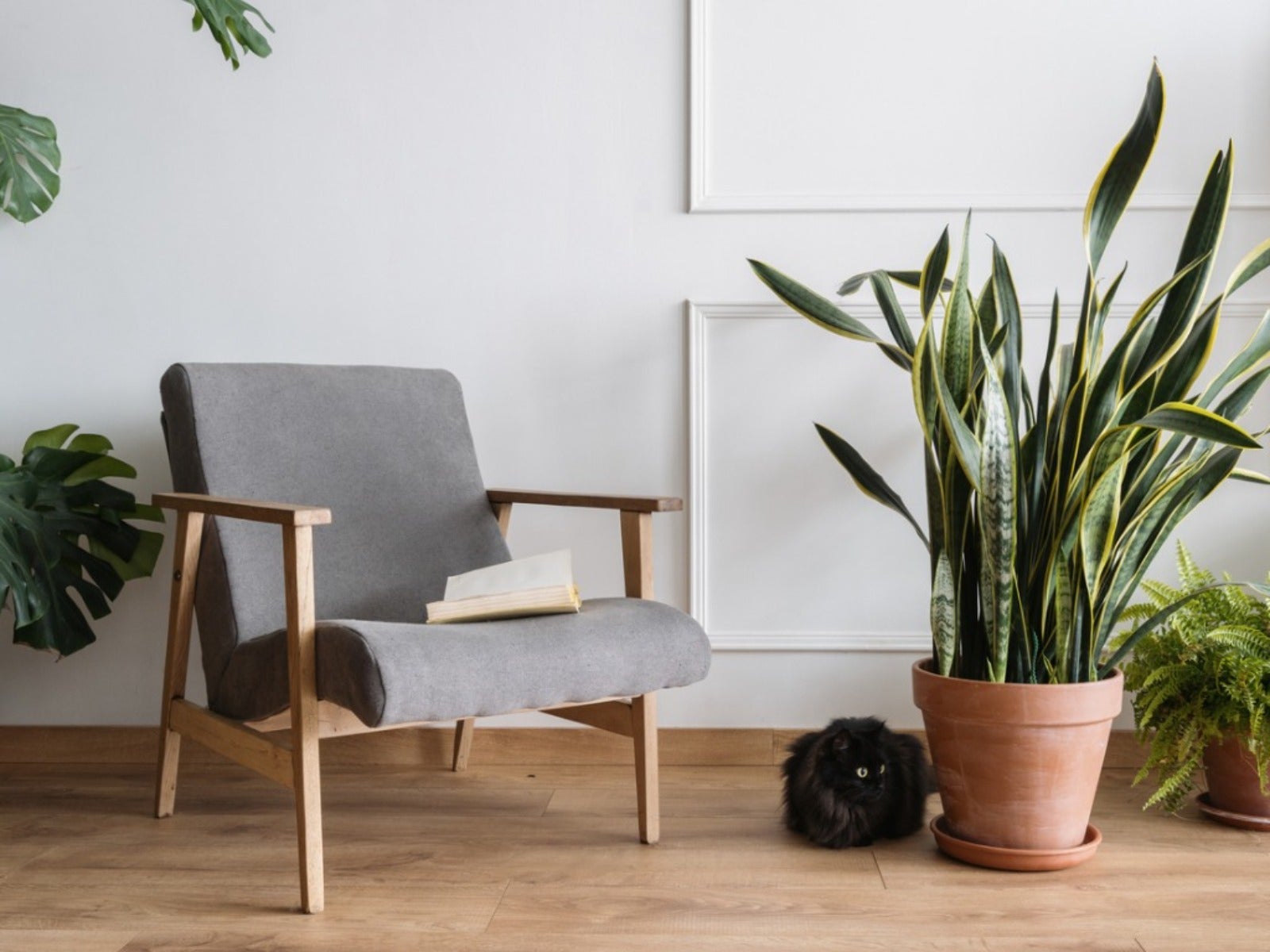 8 Easy Care Houseplants That Live A Long Time
8 Easy Care Houseplants That Live A Long TimeClick here to learn about our 8 favorite low maintenance houseplants that can, with proper care, live a long time.
By Amy Grant
-
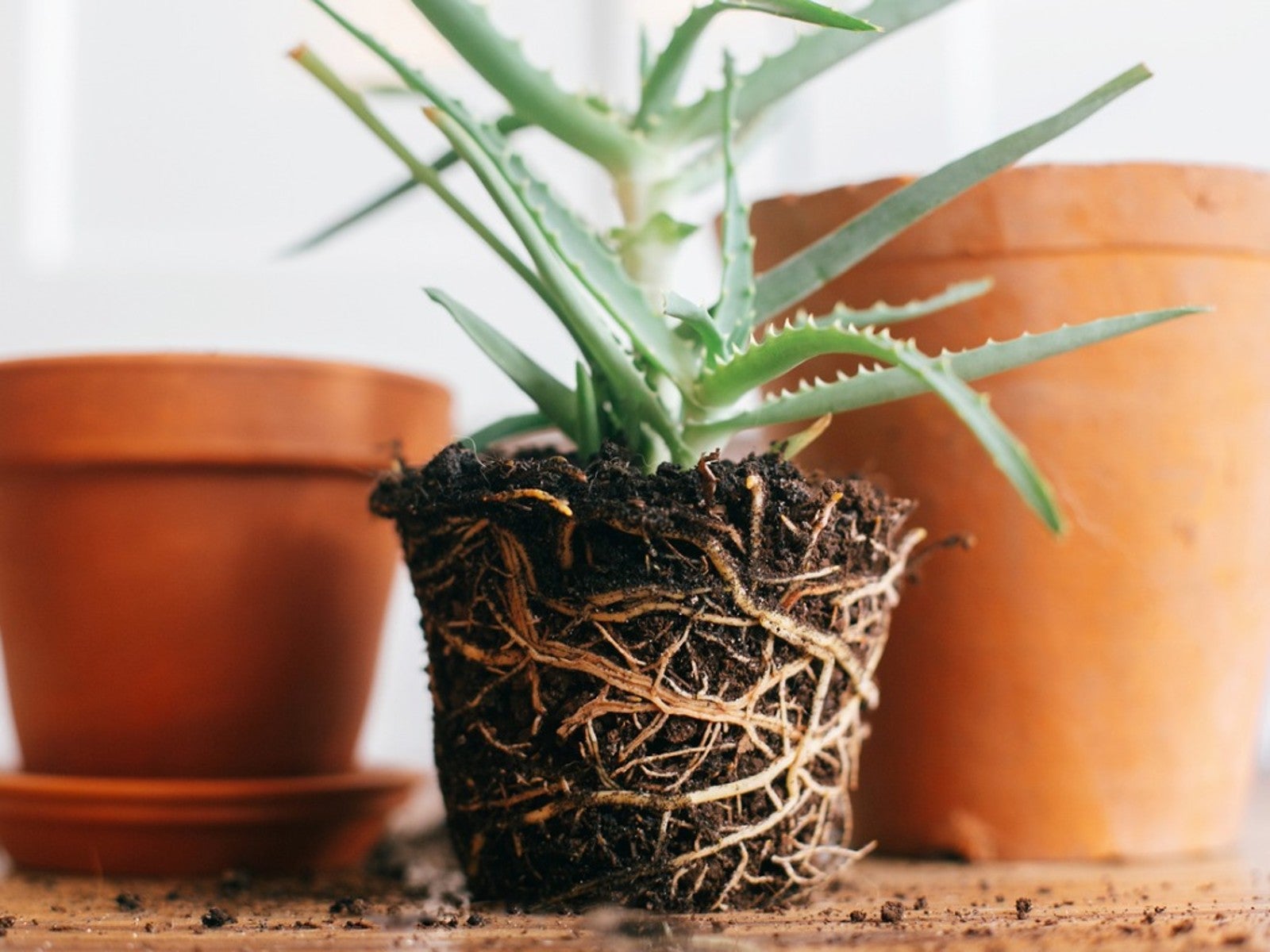 How Often Should You Repot Plants?
How Often Should You Repot Plants?Escaping roots and shrinking leaves may mean your plant wants a new pot, but some like staying cramped and cozy.
By Mary Ellen Ellis
-
 Orange Flowering Houseplant Varieties With Tropical Flair
Orange Flowering Houseplant Varieties With Tropical FlairClick here to learn about some cheerful orange-blooming houseplants you can try growing.
By Mary Ellen Ellis
-
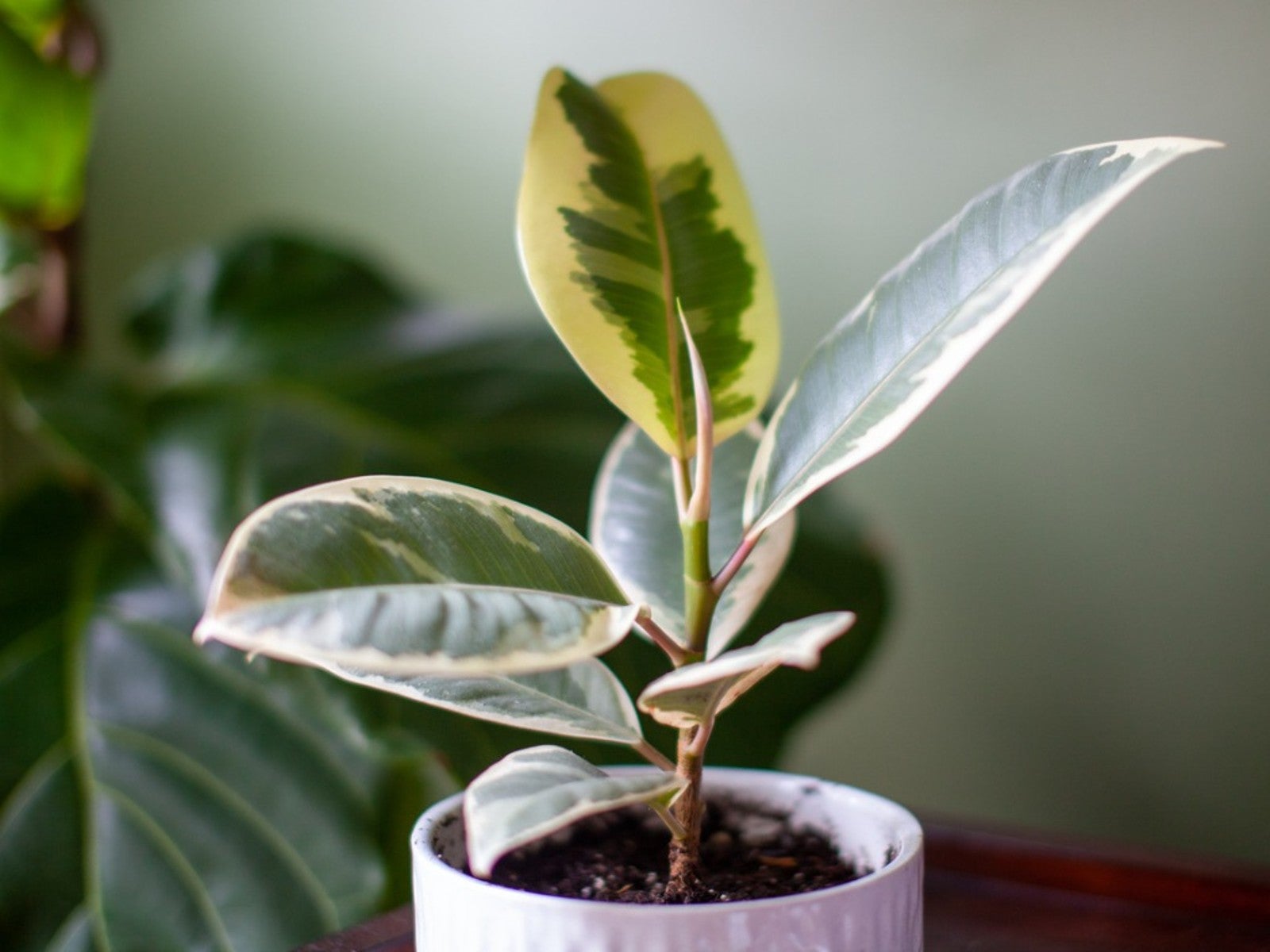 Variegated Houseplants With Lovely Leaves
Variegated Houseplants With Lovely LeavesWhat are some of the best variegated houseplants to add to your collection? Click here to find out.
By Amy Grant
-
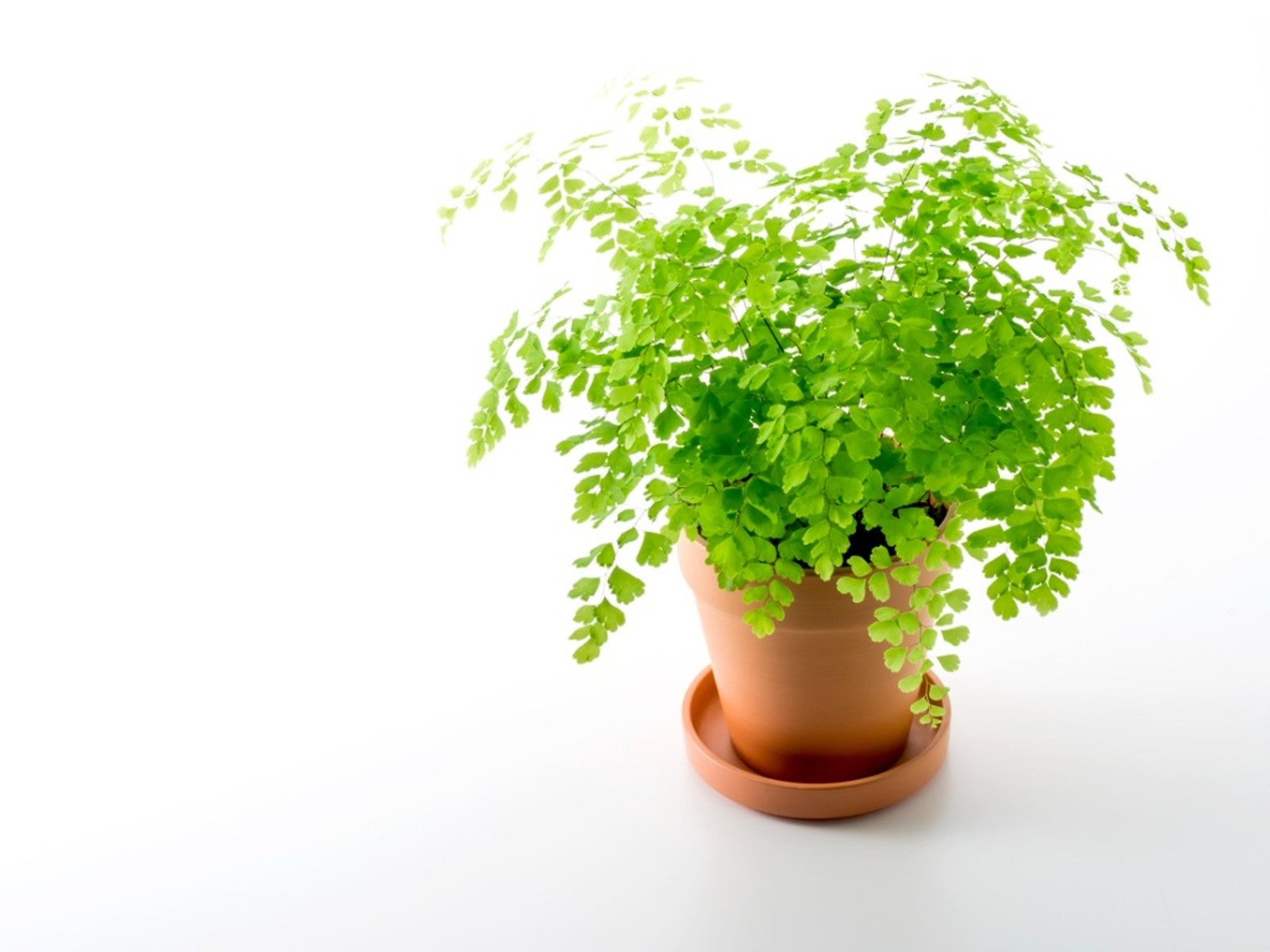 Lovely, Lacy Indoor Foliage Plants
Lovely, Lacy Indoor Foliage PlantsClick here to learn about some houseplants with lacy foliage to add to your collection.
By Mary Ellen Ellis
-
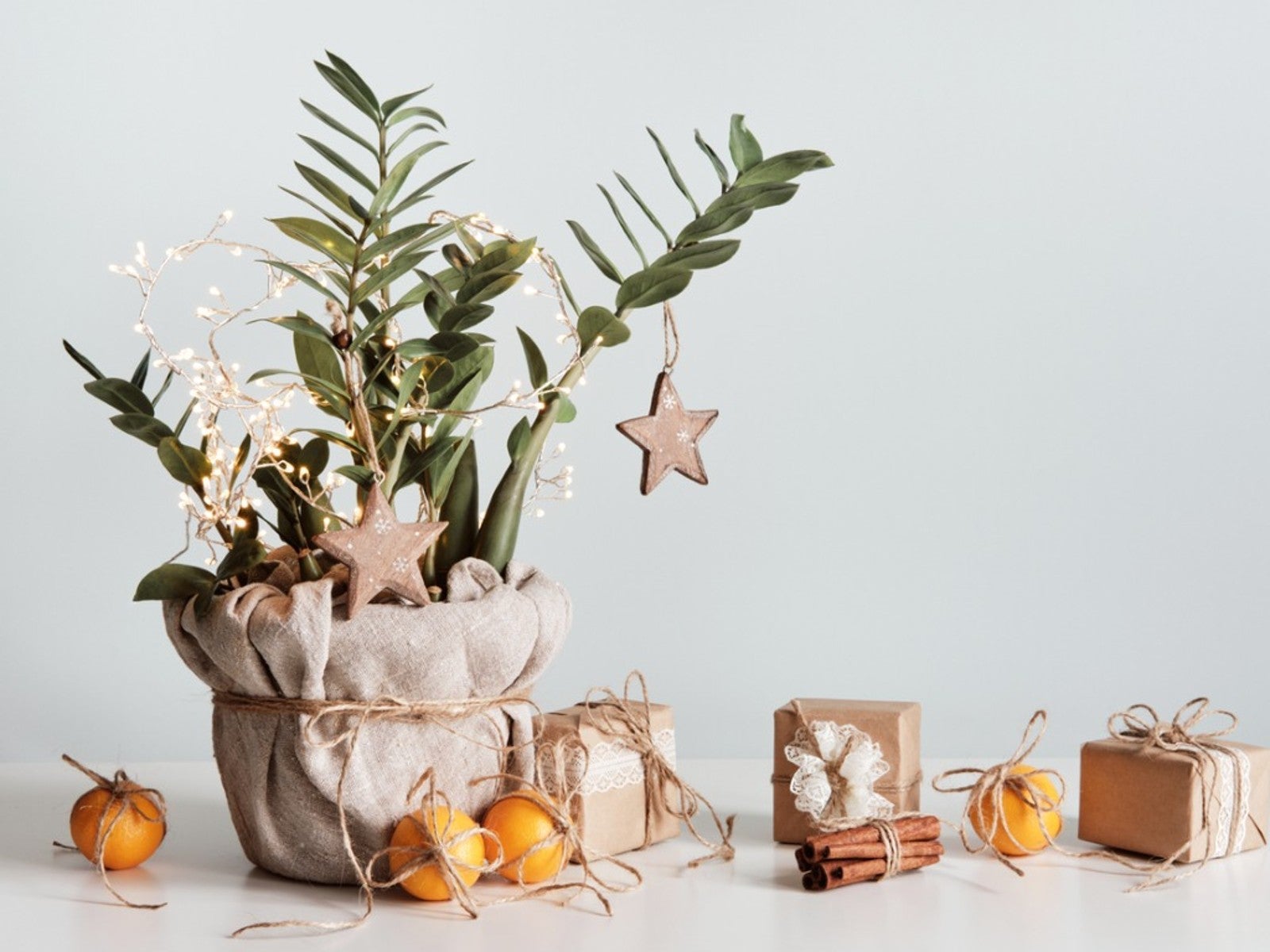 Best Christmas Houseplants And Plants For Winter Holidays
Best Christmas Houseplants And Plants For Winter HolidaysClick here for an idea of the best houseplants to use for holiday décor for Christmas, Hanukkah, Kwanzaa, and New Year’s.
By Laura Miller
-
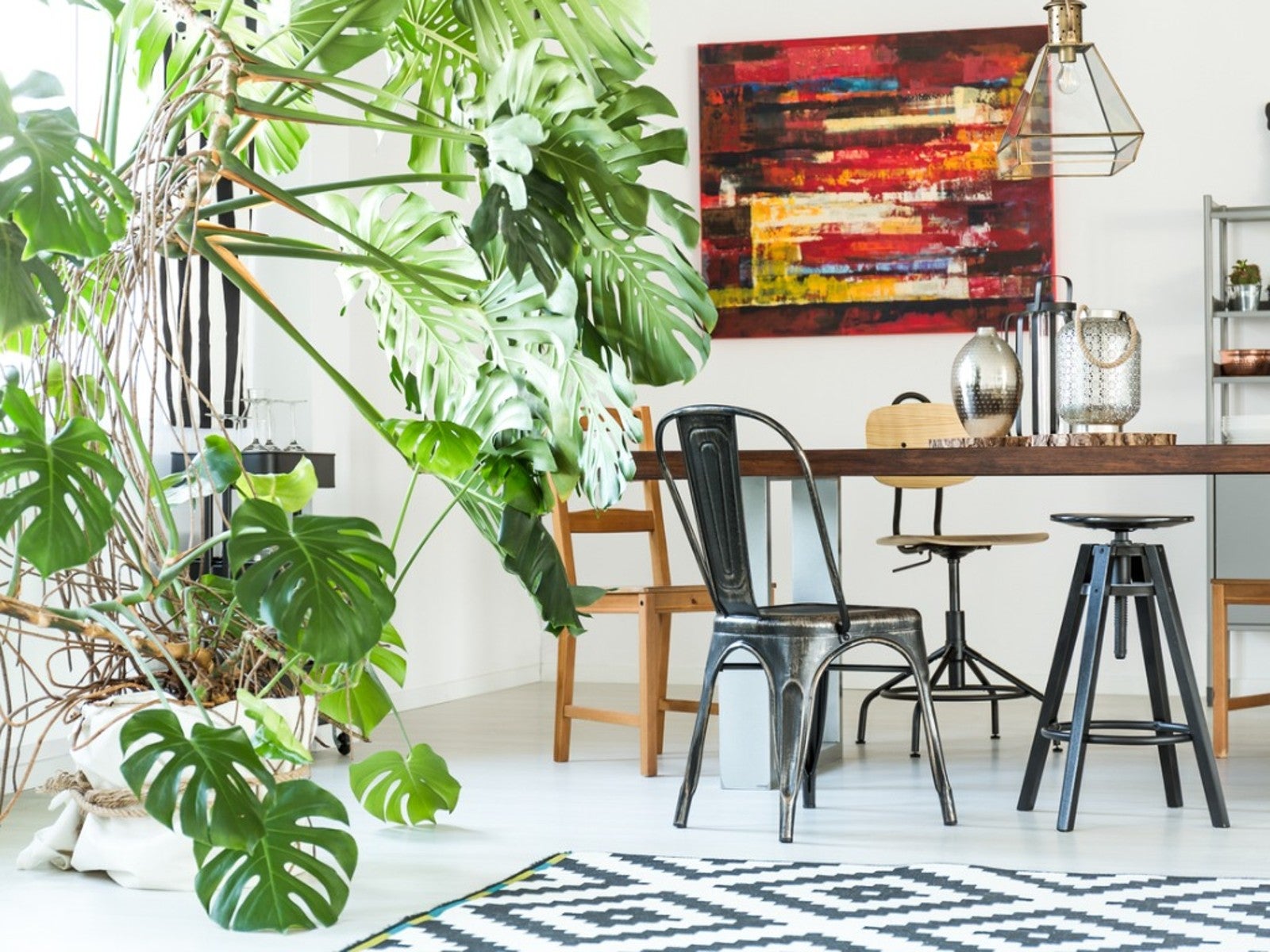 Best Big Houseplants To Create An Indoor Oasis
Best Big Houseplants To Create An Indoor OasisIf you have the space you may want to grow some large houseplants. Here are some ideas.
By Mary Ellen Ellis
-
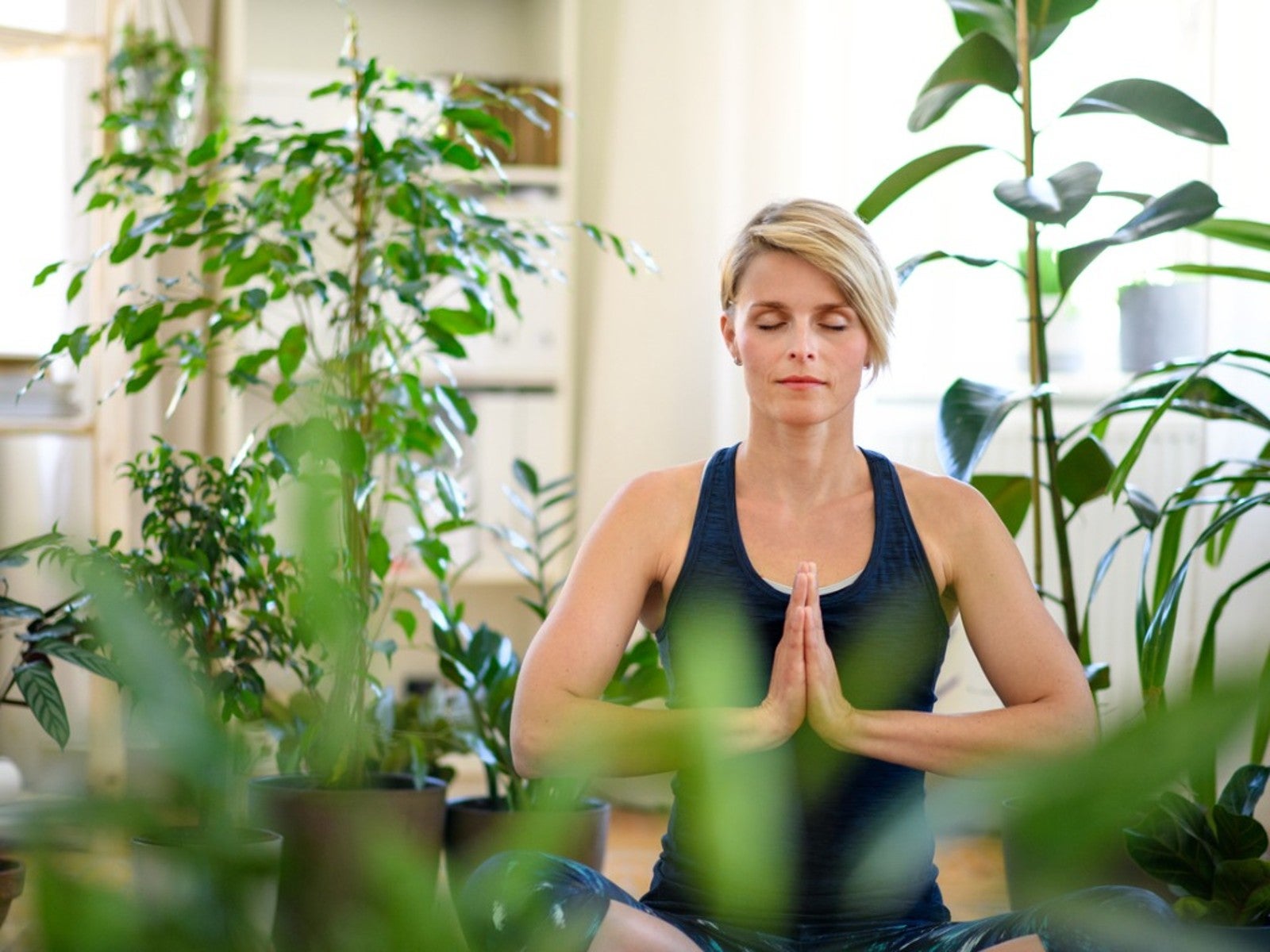 Relaxing Plants To Grow Indoors For A Calmer Mind
Relaxing Plants To Grow Indoors For A Calmer MindAre there houseplants that can help you to relax? Click here to find out.
By Laura Miller